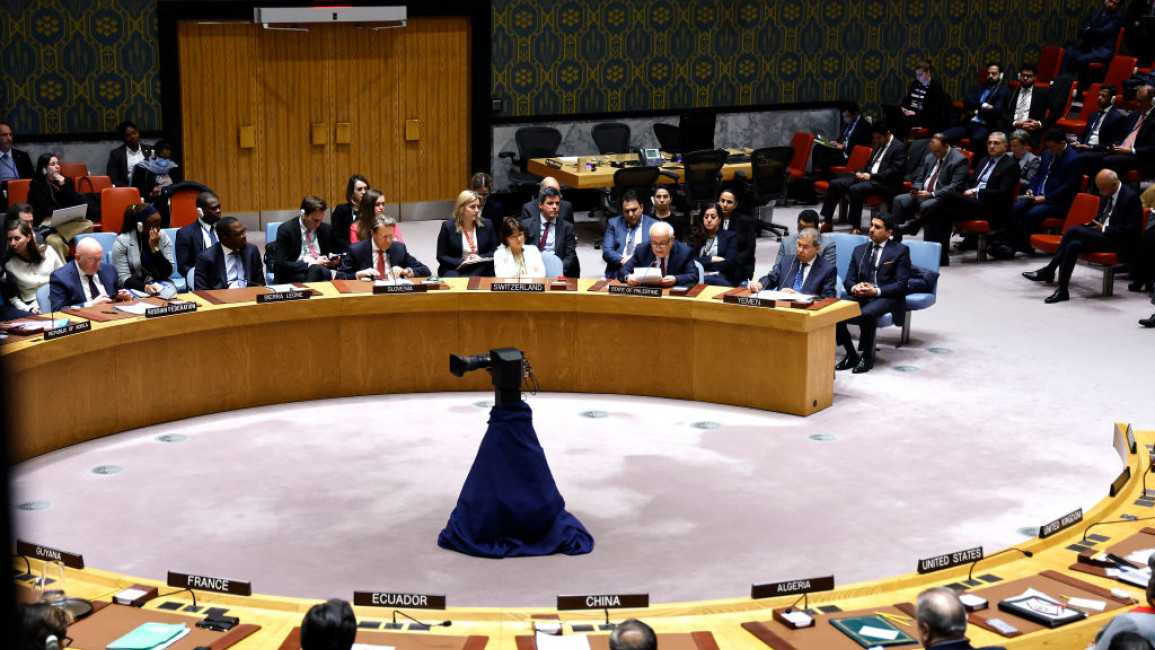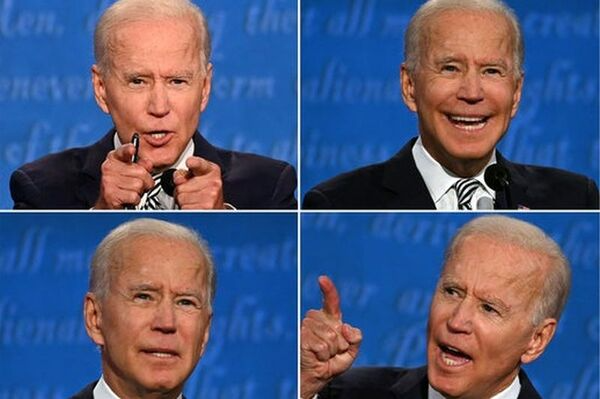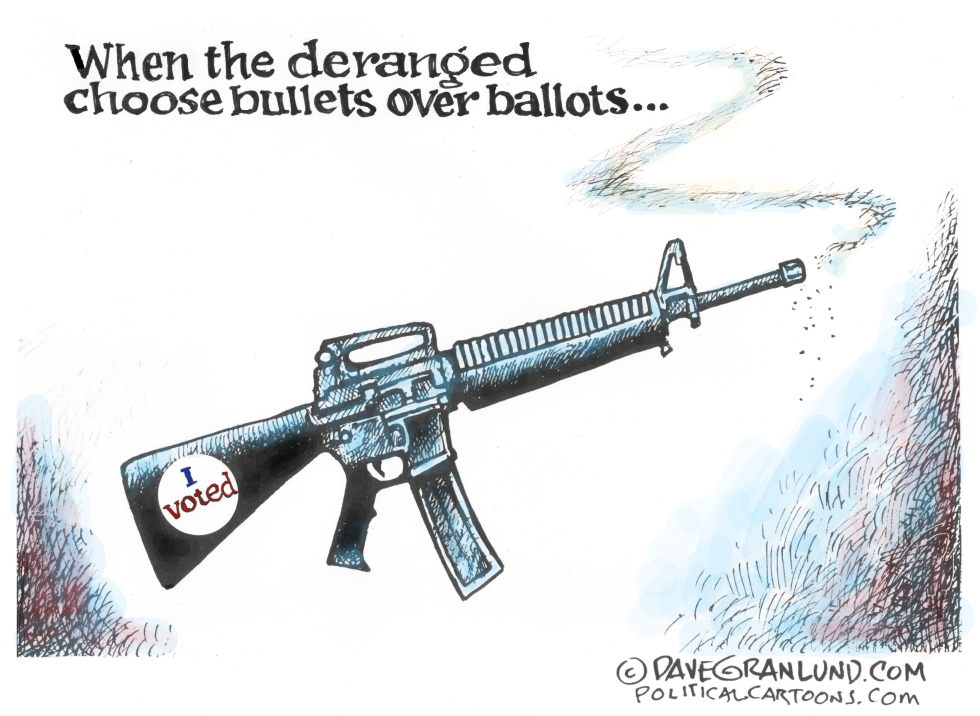What makes a UN decision binding?
On the day the U.N. Security Council passed a resolution demanding a ceasefire in Gaza, U.S. State Department spokesperson Matthew Miller deflected press questions about whether the U.S. would compel Israel to comply by saying that the resolution was “non-binding.”
He went on to say that “it’s nonbinding in that it does not impose any new obligations on the parties, but we do believe it should be respected, that it carries weight, and that it should be implemented, as has always been our belief when it comes to UN Security Council resolutions.”
Contrary to the U.S. position, U.N. ambassadors from China and Mozambique, as well as the UK’s former U.N. envoy, have publicly stated that it is binding, along with U.N. Secretary General spokesperson Farhan Haq, who said “all the resolutions of the Security Council are international law, so to that extent, they are as binding as international law is.”
The resolution, which passed last week with 14 votes in favor and one abstention from the U.S., primarily demands an immediate ceasefire for the month of Ramadan, the immediate and unconditional release of all hostages, and guaranteed humanitarian access to address their medical and other humanitarian needs.
Resolutions are formal expressions of the will of the Security Council and are backed by the power of international law. Experts who spoke with RS counter the U.S. position, saying that implicit in the resolution is an obligation for the parties involved to comply. Meanwhile, they say it is understood that member states, collectively or on their own, can take measures that will compel parties to comply.
More importantly, experts complain that Washington appears to be selectively interpreting international law to favor its political objectives — in this case to protect Israel — an action that could have consequences for its legitimacy in the eyes of the rest of the world moving forward.
Ian Hurd, a professor at Northwestern University who focuses on international law, said retroactive disputes over whether the resolution is binding are reflective of the U.S. attempting to interpret international law in a way that advances its interests.
“The U.S. is trying to split the difference between its friends and its enemies and find its own advantageous path,” Hurd told RS. Bâli adds that the U.S. claiming the resolution is non-binding means that it can defend supplying arms to Israel.











